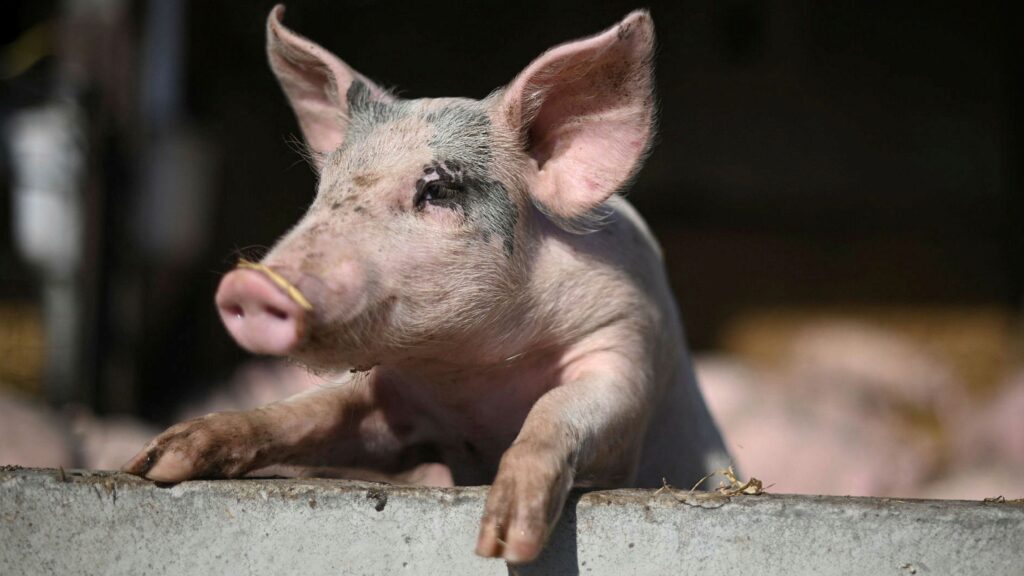News
Organs of dead pigs brought back to life in an important breakthrough

Scientists from Yale University in America have revived the heart of a dead pig in a groundbreaking experiment.
The researchers were able to resuscitate some organs an hour after the death of a pig, and the “very important” breakthrough is very optimistic about transplantation.
Using innovative OrganEx technology they were able to restore several cellular functions, heart rate and blood flow to the dead pig’s heart.
This included pumping replacement blood, which also contained blood clotting agents, through the animal’s body to slow its breakdown and quickly restore some heart, liver, and kidney function.
After 6 hours, the organs, including the heart, were partially resuscitated.
“We made cells do something they weren’t able to do when the animals were dead,” team member Zvonimir Vrselja, a neuroscientist at Yale University in New Haven, Connecticut stated.
The revolutionary experiments could have a profound impact not only on medicine but also on the future of human life.

Published in the journal Nature, the experiment involving about 100 pigs was carried out after receiving ethical approval.
The electrical activity of the heart was restored and some of the heart muscle cells contracted.
However, these organs no longer function at the same level as before death.
Dr Zvonimir Vrselja said: “Things are not as dead as we previously presumed – we have demonstrated that we can actually initiate cell repair on a molecular level. We can persuade cells not to die.”
The pig’s head and neck at some point began to move on their own. This may be a sign that they have regained some motor function, but further research is needed.
Neuroscientist Dr David Andrijevic said it was a “quite startling moment. However, he said it was “not indicative of any mental activity on the part of the pig”.
There was evidence of brain recovery. However, there were no brain waves or electrical activity indicating consciousness or awareness.
The director of critical care and critical care research at New York University, Sam Parnia said that the study was “absolutely remarkable and very important” and could help explain reports of near-death experiences.
He stated that the technology could be used to give doctors more time to treat people suffering from lack of oxygen, such as those who died from drowning or a heart attack.
He also said that it could “bring such people back to life many hours after death”.
Source: skyypowerfm.com



Mahama leads NDC to mourn with Kufuor over wife’s passing
Former President John Dramani Mahama on Wednesday, October 4 led a delegation from the National Democratic Congress (NDC) to visit...


Former First Lady of Ghana Theresa Kufuor reported dead
The former First Lady of Ghana and wife of Ghana’s former President, John Agyekum Kufour, Mrs Theresa Kufuor has been...


The most powerful tool for change is the right to vote – Mahama
The 2024 flagbearer of the National Democratic Congress (NDC), John Dramani Mahama, is rallying Ghanaains who have grown disillusioned with...


PFJ was a mere state resource looting platform – Minority
The Minority has descended heavily on the Akufo-Addo-led government for launching a second phase of the flagship Planting for Food...


ECOWAS is desecrating Ghana
The Director of Legal Affairs of the National Democratic Congress (NDC), Mr Abraham Amaliba has said the Economy Community of...


Prof Gyampo elected President of UTAG, University of Ghana branch
A Senior Lecturer at the Political Science Department of the University of Ghana (Legon), Prof Ransford Gyampo have been elected...
